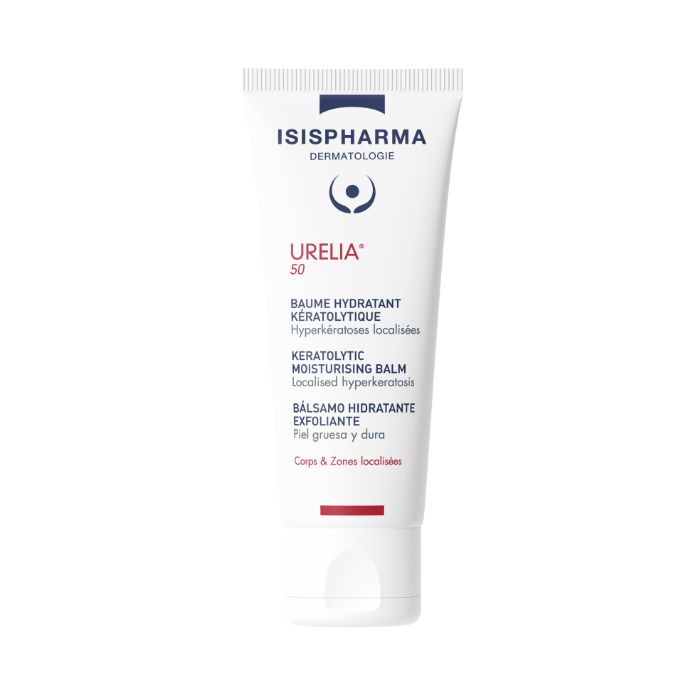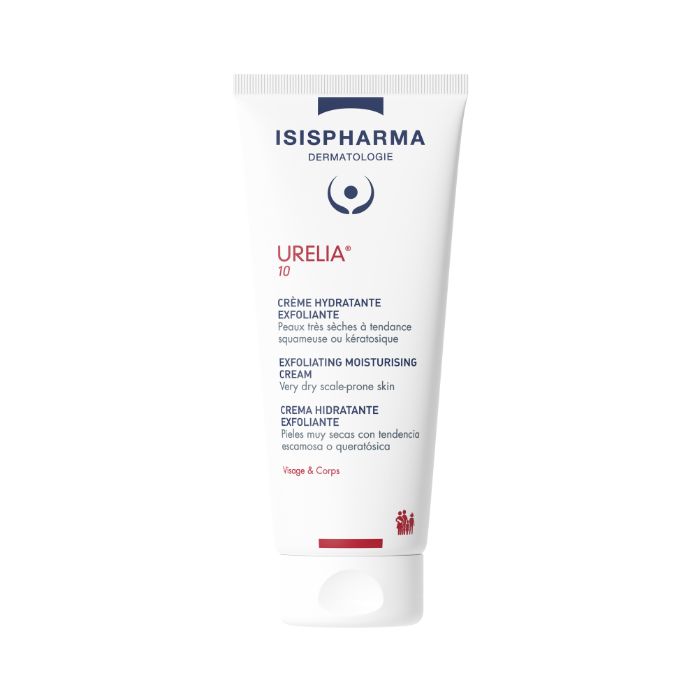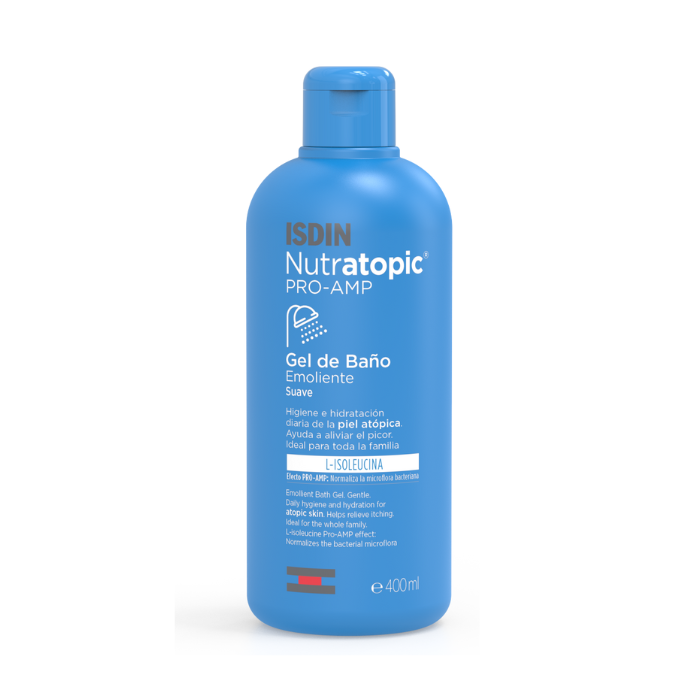
Eczema in UAE
(Showing 18 of 18)
Oilatum Gentle Moisturizing Lotion, Fast-Absorbing, Non-Greasy Hydration for Dry, Sensitive Skin – 250ml
(66)
IN 30 mins
AED 49.88
99.75
Isis Urelia 50 Keratolytic Moisturizing Balm, Urea and AHA for Thick Patches, 40ml
2 - 3 days
AED 122.06
162.75
Isdin Nutratopic Pro-AMP Emollient Bath Gel, Gentle Daily Cleanser for Atopic Skin - 400ml
(3)
IN 30 mins
AED 189.00
A condition of the skin where skin patches become rough, cracked, inflammable, and itchy is called eczema. In some cases, it can also be a reason for the formation of blisters.
In the United States, 31.6 million people making it more than 10 % of the population are affected by different stages and types of eczema.
The majority of people commonly use the word eczema while expressing atopic dermatitis, which is a type commonly found. The word atopic is a series of conditions like atopic dermatitis, asthma, and hay fever that affect the immune system. Dermatitis is a term that is used to express skin inflammation.
Eczema Symptoms
Atopic Dermatitis has different symptoms on every individual depending on their age. In infants with scaly and dry patches on the skin, atopic dermatitis is normal. The patches in a newborn can be itchy of great intensity.
Scratching and continuous rubbing can result in skin infections. In the majority of the cases, eczema is mild. Symptoms commonly found in atopic dermatitis are:
· Flushes of skin
· Sores which are opened, weeping, or crusted.
· Scaly or dry skin
· Itching
Types of Eczema
There are different types of eczema. Apart from dermatitis atopic, other types of eczema are:
Allergic contact dermatitis
This is a reaction given by the skin when the immune system identifies a substance or allergen as foreign.
Dyshidrotic eczema
This indicates inflammation of the skin on the palms of the hands and soles of the feet. It is reflected by blisters.
Eczema on hands
Hands will become itchy, red, and dry. Blisters and cracks also appear on hands in eczema condition.
Eczema treatment
There is no cure available for eczema. The treatment of the condition involves targeting patches of skin and healing them. It also prevents the symptoms from rising again.
Home care
People suffering from eczema can take care of their skin at home to keep it healthy and reduce the symptoms.
For instance, they can:
- Take baths with lukewarm water
- Regularly moisturize their skin
- Wear clothes made from cotton or soft fabrics.
- Keep their nails short to avoid scratching the skin.
- Have a humidifier, especially in cold or dry weather, to keep their skin moist
- Take extra care in winters to prevent the building of eczema flares
- Avoid clothes that are made from scratchy, rough fibers.
- Avoid wearing tight fitted clothes
- While washing hands, use a mild soap or non-soap cleanser
- After taking a shower, they should apply moisturizing lotion within 3 minutes.
- Learn and avoid the individual that can cause symptoms of eczema to trigger
- After a shower, let the skin dry through the air or gently pat the skin with a towel instead of rubbing the skin with a towel to dry it.
- Whenever it is possible, avoid sudden changes of temperature or events that can cause sweating.
Medications for eczema on the face and other body parts
Different medications to treat eczema are also prescribed by doctors, such as:
1. Best Eczema cream
These drugs are anti-inflammatory and should alleviate the key symptoms of eczema, including inflammation and itching of the skin. They can be applied to the skin directly. You can purchase several topical corticosteroid creams and ointments online. However, medications with prescriptions can benefit some people.
2. Systemic corticosteroids
A doctor can prescribe systemic corticosteroids if local treatments are not successful. The range of medicines to treat eczema also includes oral tablets and injections. People can use it only for a short time. It is necessary to know that a person should immediately start taking another medication because the symptoms of eczema can get worse after stopping the medications.
3. Antibiotics
A prescription of antibiotics is given by doctors if a bacterial skin infection is produced with eczema.
Cetaphil eczema is one of the best brands for the treatment of eczema.


















